Care and treatment for patients at the Stroke Center, Bach Mai Hospital.
Hot weather is dangerous for people who have had a stroke.
Sharing the reason why hot weather is especially dangerous for people with underlying diseases, especially those who have had a stroke, Dr. Dung said that people need to pay attention to problems of dehydration, cardiovascular overload, increased inflammation and oxidative stress, and body temperature regulation disorders.
Accordingly, the heat causes the body to lose water and electrolytes quickly. Dehydration increases blood viscosity, reduces circulating volume, forcing the heart to work harder to pump blood. This increases the risk of blood clots - the leading cause of ischemic stroke.
When the body has to work hard to cool down (sweating, dilating peripheral blood vessels), it puts a lot of pressure on the cardiovascular system, which is already damaged after a stroke or weakened by other underlying diseases. This can lead to a heart attack, heart failure, or a sudden increase in blood pressure - a high risk factor for recurrent stroke.
Elderly people and people with damaged nervous systems (after a stroke) often have difficulty regulating their body temperature effectively in the face of sudden temperature changes, which can lead to heat exhaustion or heat stroke - a life-threatening emergency.
Certain medications commonly used after a stroke or for heart disease (such as diuretics, some blood pressure medications) can worsen dehydration or interfere with the body's ability to adapt to heat.
High temperatures can exacerbate inflammatory processes and oxidative stress in the body, which are factors linked to vascular damage and stroke risk.
Note 7 actions to protect health during extreme weather
First, drink water regularly, even when you are not thirsty. Prioritize filtered water and electrolyte water, limit soft drinks, coffee, and alcohol (because they cause dehydration). Bring water with you when you go out. Monitor the color of your urine (dark yellow urine is a sign of dehydration).
Second, limit going out, especially between 10am and 4pm because this is when the sun is at its strongest. If you have to go out, always wear a wide-brimmed hat, sunglasses, loose, airy, light-colored clothing, and use sunscreen.
Third, pay attention to cooling your body and house by using fans and air conditioners. Take a cool shower or wipe your body with a damp towel. Close the curtains facing the sun. Use a mist sprayer or place a pot of water in the house to increase humidity.
Fourth, eat a reasonable diet, eat light meals, lots of green vegetables, juicy fruits (watermelon, oranges, grapefruit...). Limit greasy foods and sweets. Avoid overeating.
Fifth, monitor your health closely. Measure your blood pressure more often as directed by your doctor. Strictly follow your treatment regimen, take your medication on time and in the correct dosage. Do not stop or change your medication on your own.
Sixth, recognize early signs of stroke (FAST): F (Face): Mouth is crooked, one side of the face is drooping; A (Arm): Weak or paralyzed one arm/leg, cannot lift it up; S (Speech): Slurred speech, difficulty speaking, cannot speak or understand what others say; T (Time): Call 115 immediately if any of the above signs appear.
Watch for signs of heat exhaustion such as profuse sweating, cold clammy skin, chills, rapid weak pulse, nausea/vomiting, cramps, fatigue, dizziness, headache, fainting; high body temperature (over 40 degrees Celsius), hot, dry, red skin; rapid strong pulse, severe headache, dizziness, nausea, confusion, disorientation, convulsions, unconsciousness.
Seventh, inform relatives about your health condition. People living alone need to arrange for relatives/neighbors to visit regularly.
According to Bach Mai Hospital experts, the information circulating online about the content: "For every 1 degree Celsius increase, the risk of stroke increases by 10%" is fabricated information, without scientific basis.
Doctor Nguyen Tien Dung affirmed: There is no official research by the World Stroke Organization (WSO), the World Health Organization (WHO) or reputable medical associations that gives such an accurate and simple ratio (1°C = 10%) to describe the relationship between temperature and stroke risk.
The risk of stroke depends on many complex factors: Personal medical history (stroke, cardiovascular disease, blood pressure, diabetes...), age, current health status, activity level, access to cool places, dehydration, treatment compliance, other environmental factors (humidity, air pollution), exposure time to high temperatures... It cannot be reduced to a simple formula based on temperature alone.
Studies do show associations, not fixed ratios: Many epidemiological studies (such as some cited by the WHO on the health impacts of climate change) confirm that extreme heat waves significantly increase hospitalizations and deaths from cardiovascular diseases, including stroke, especially among vulnerable populations. However, the magnitude of these increases is not uniform and cannot be attributed to a fixed percentage increase per degree of temperature increase.
"People need to be alert and seek information from official sources: the Ministry of Health 's website, major hospitals, the World Health Organization (WHO), the World Stroke Organization (WSO) and reputable medical associations. People need to focus on practical and scientific preventive measures as mentioned above, instead of being confused by numbers of unknown origin," Dr. Dung shared.
THIEN LAM
Source: https://nhandan.vn/bay-hanh-dong-bao-ve-suc-khoe-trong-ngay-nang-nong-cuc-doan-post898577.html


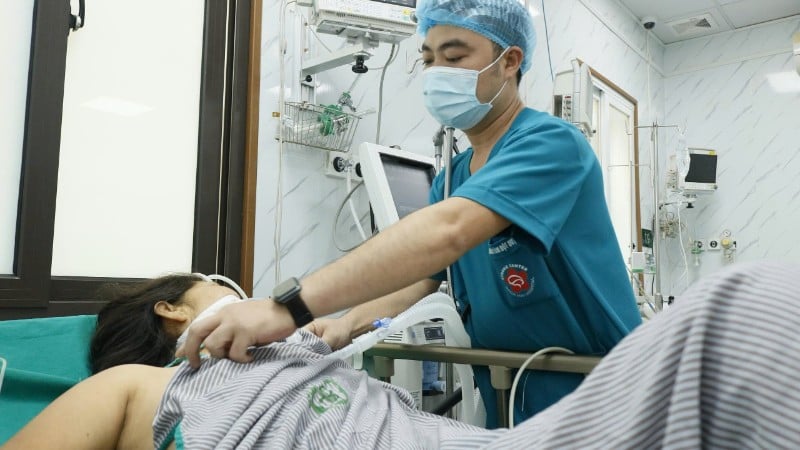
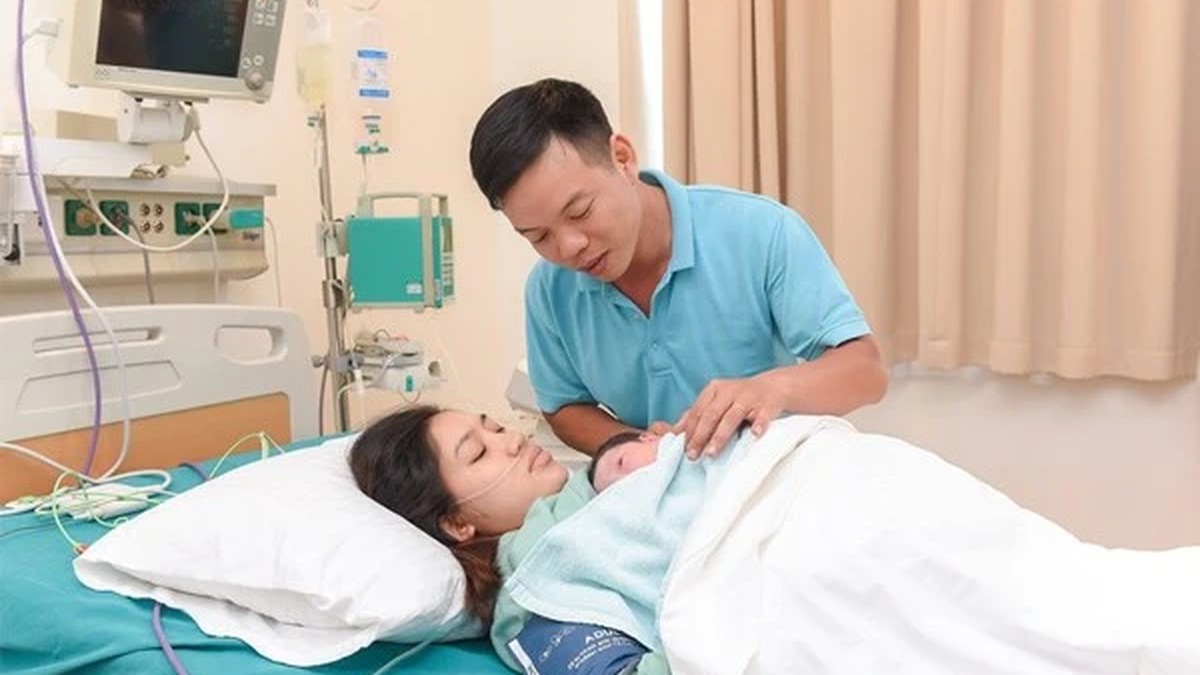


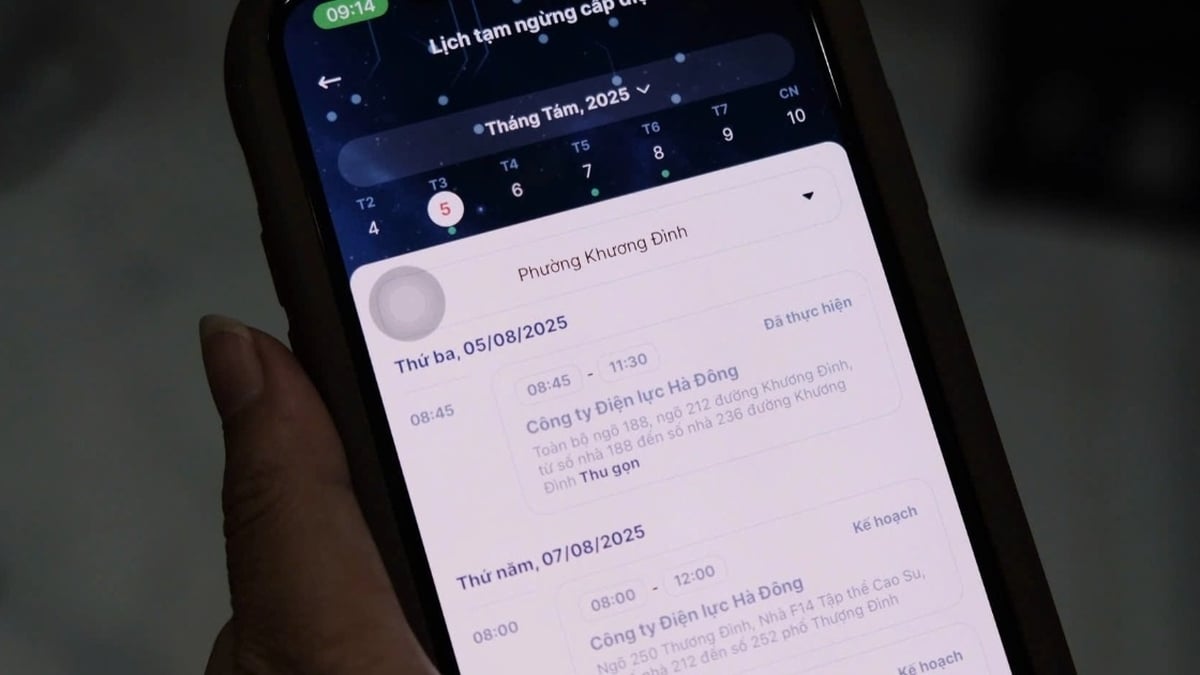

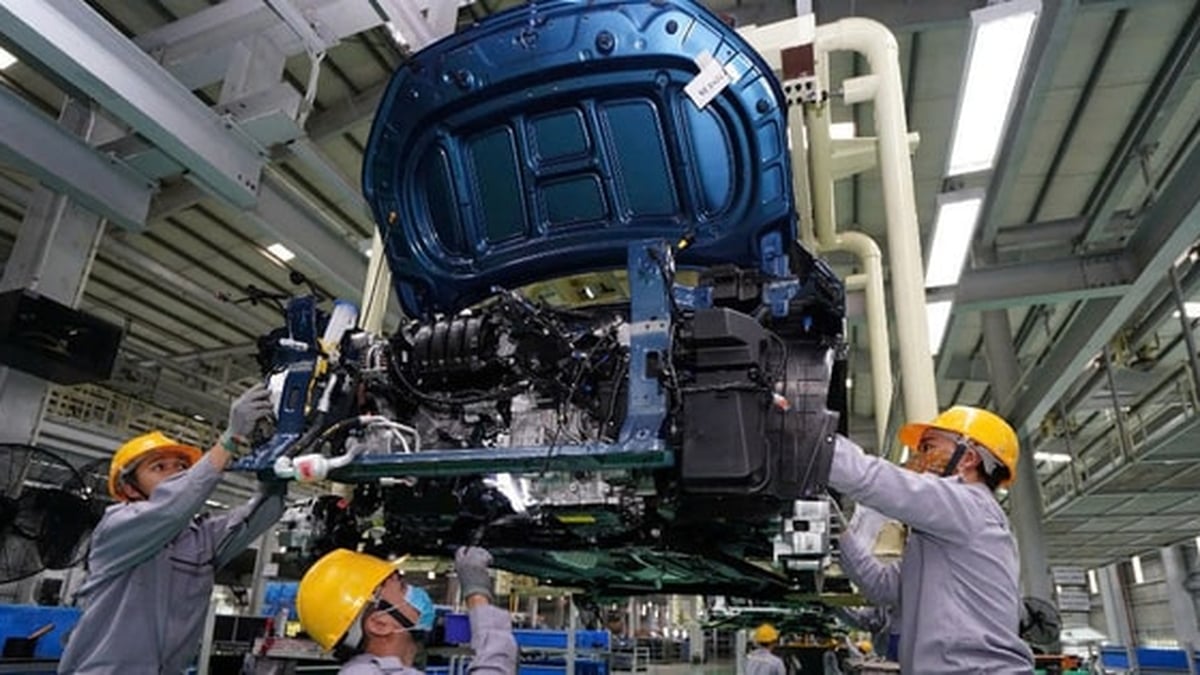
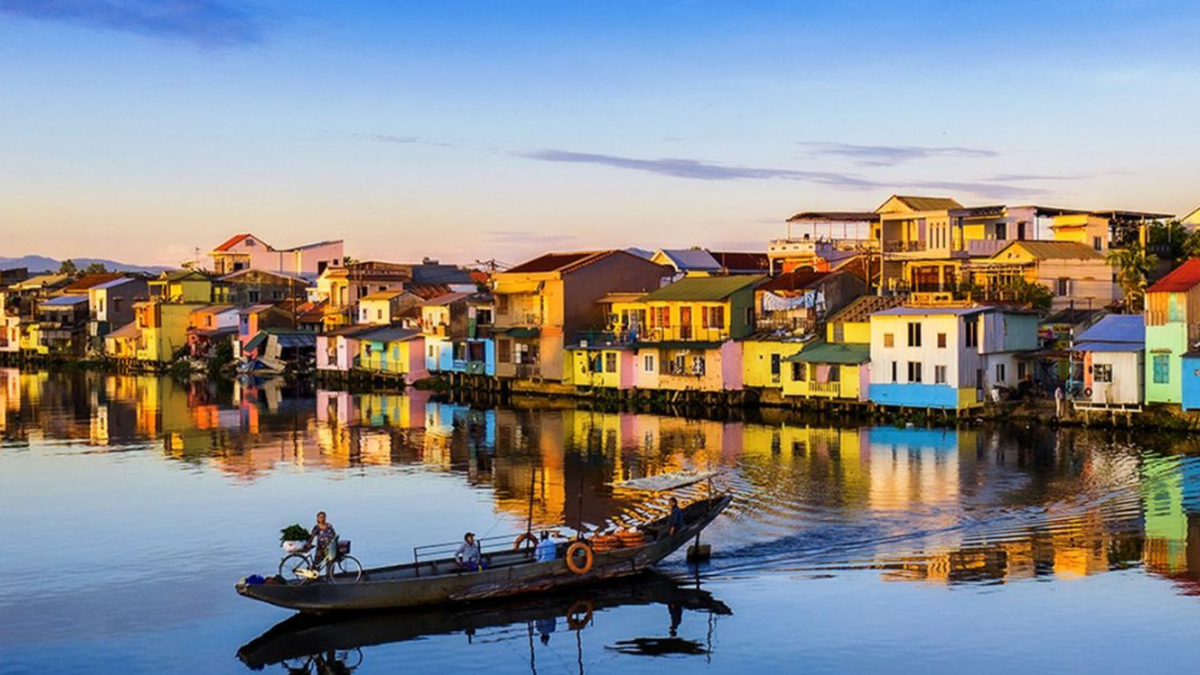
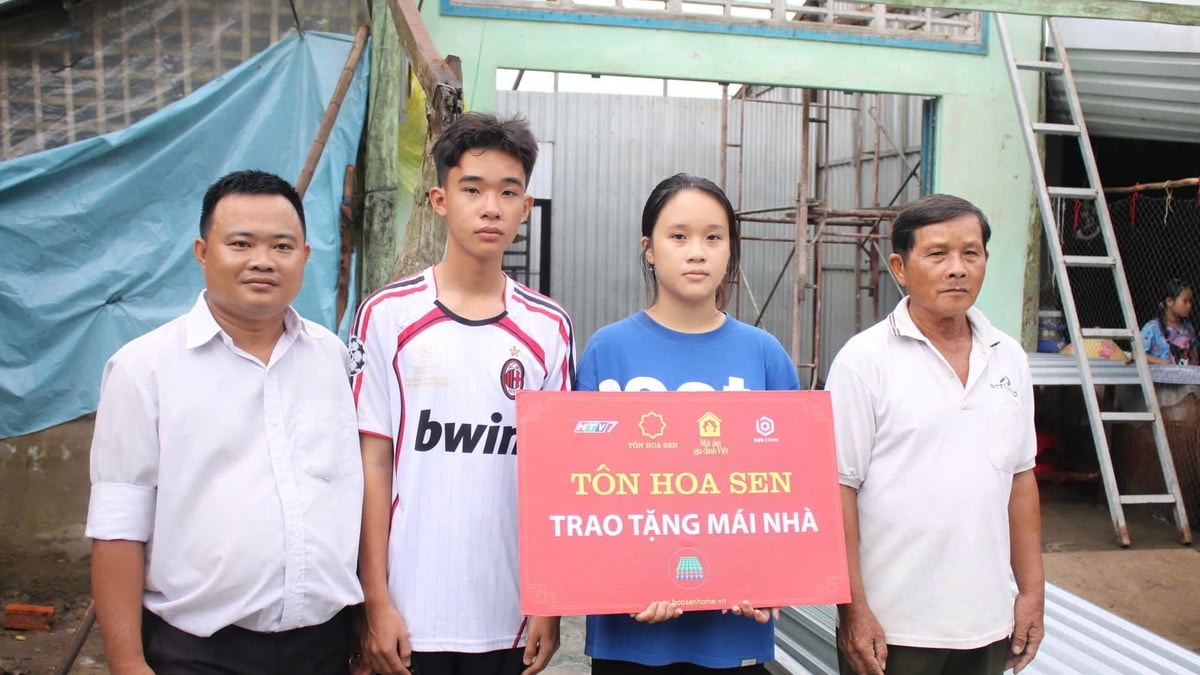
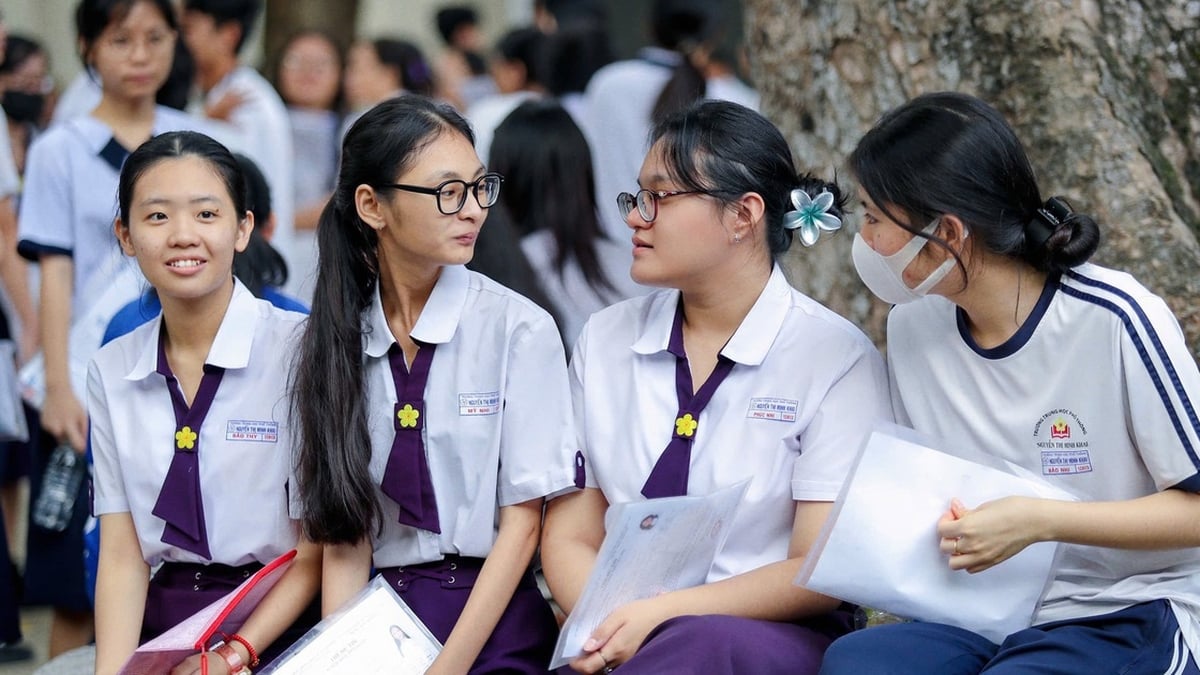





















































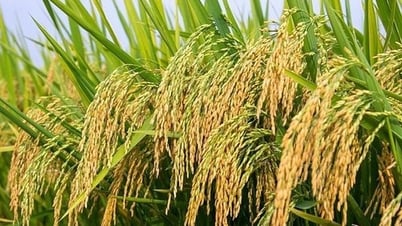








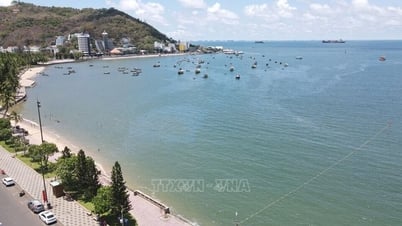






















Comment (0)